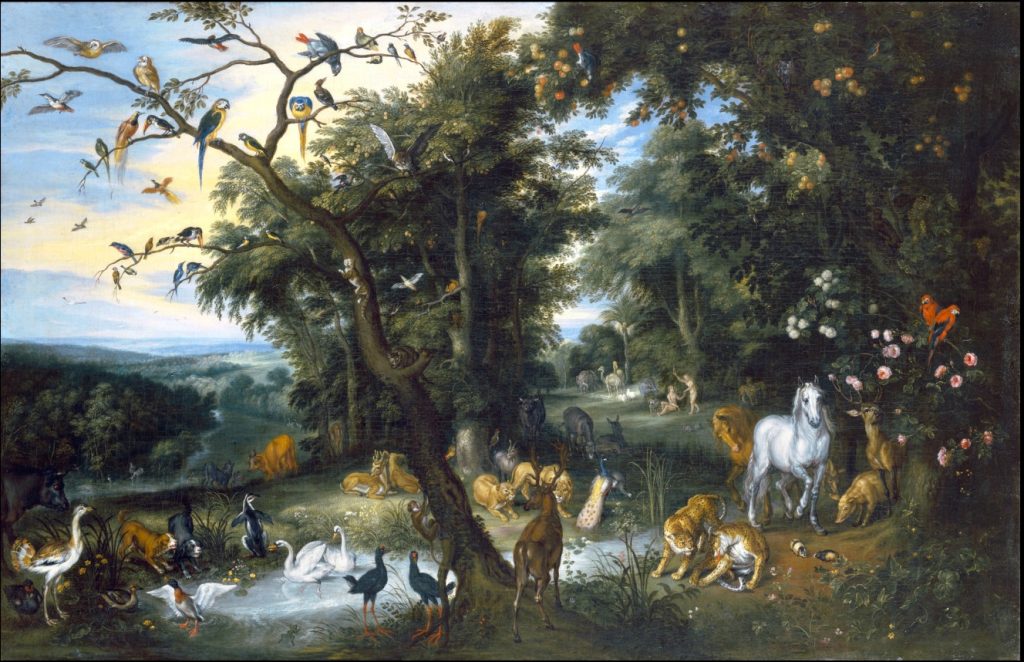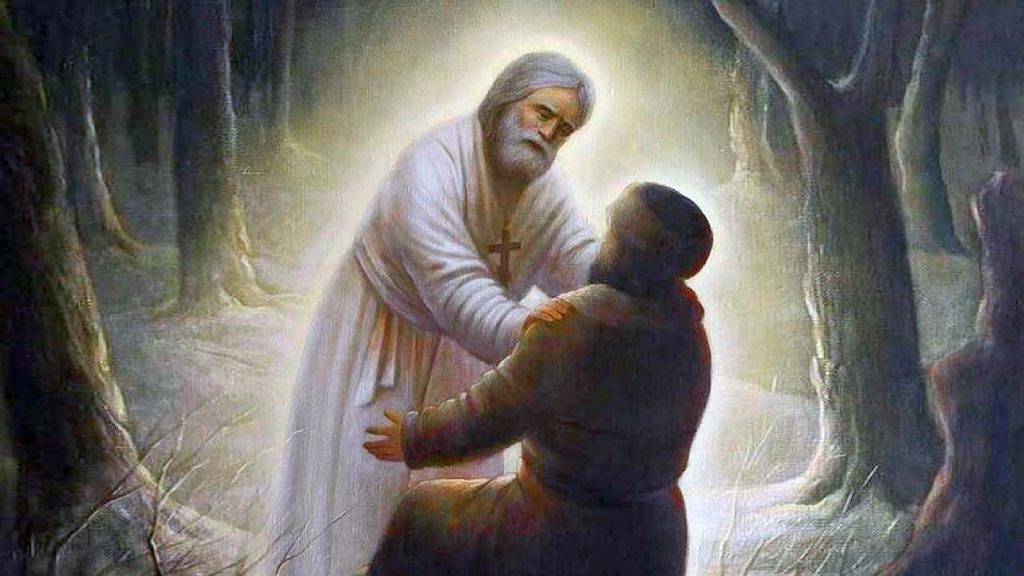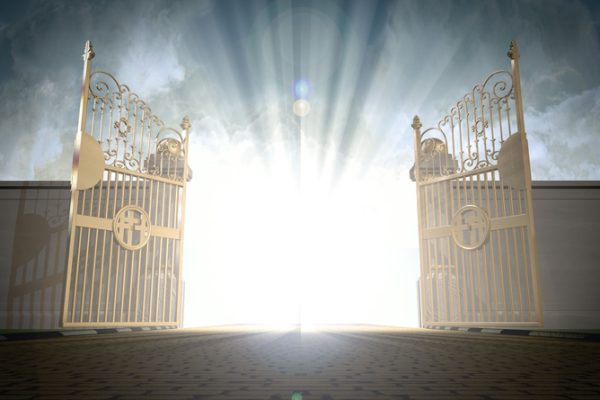In my humble opinion, the Orthodox position is one of a factual, but unacknowledged Preterism, one of living the kingdom now, mystically and practically, the place closest to heaven being the church, especially its monasteries, the apex being the liturgy and communion. Then upon death the true believer enters that Kingdom, which is Heaven, Paradise, Eden restored. This was for practical matters the belief of primitive and traditional Christianity.

Could it be that the Orthodox and early church not only missed the point on the timing of the last things as described in the Bible, but also to a degree as received from above during the early Christian age and recorded in their liturgical texts? That many of these texts they interpreted futuristically, although they dared not to change them? That some of these texts may have been nevertheless changed early on, so they conform to theology?
Could it be that Theosis/Deification, which the early church understood and practiced correctly, has been an important factor in preserving the protective veil of God over the traditional church?
The Roman church, since the turn of the 1st millennium embraced a more rational approach through scholasticism and the mixing of earthly business (politics, war, usury) with theology, therefore in many ways abandoned true theosis. Protestants, who branched off from them, inherited much of this.
Could it be that this relative spiritual, or “mystical,” void in the West may have led to a stronger yearning for a new Messianic Kingdom, on earth, which in turn opened the door for the deceiver to sell false expectations?

A review of failed predictions of the End of the World as complied by Francis X. Gumerlock in his The Day and the Hour, will show that the vast majority of such predictions have come from the West and from them, the vast majority from non-Catholics. The Orthodox, after a few centuries of strong, but failed expectations, by around the 4th century settled on the position that no one knows when Christ will come again and that it was better to not make eschatology the center of theology. A doable position, one that if coupled with true theosis, seems to have granted the mercy and grace of God on them as a spiritual body, and on any Christian body that embraced such position. We can see today that there is a direct correlation between degeneration of traditional Christianity and end time madness. Corporately, the Orthodox church remains mostly unchanged, something that can be easily traced to at least the 4th century. Catholic and Protestants in general cannot say the same.
Theosis, deification or divinization or sanctification through prayer, restraint and leading a holy life is more important than eschatology. However proper understanding of the last things is also important and has consequences, for everyone. And we can see that everywhere today.

I, a sinner who without His grace would have never been anything, humbly pray that the Word of God cuts straight through our hearts and leads us to His truth. Yes, the apostle Paul said that we most follow both epistle and tradition (2The 2:15), and that not all Christ said is recorded in Scripture (Joh 21:25), but at the same time it must be self-evident, that epistle, meaning scripture, must take precedence. Because we know that all scripture is from God, but we don’t have the same level of certainty when it comes to all tradition. And those NT epistles say more than one hundred times that He was coming very soon, during the lifetime of those hearing Him, and that those hearers believed and expected exactly that.
Lord have mercy on us.






Interesting, just a nice mystery. My daily struggles are enough, I rest in Jesus arms.
God bless you brother